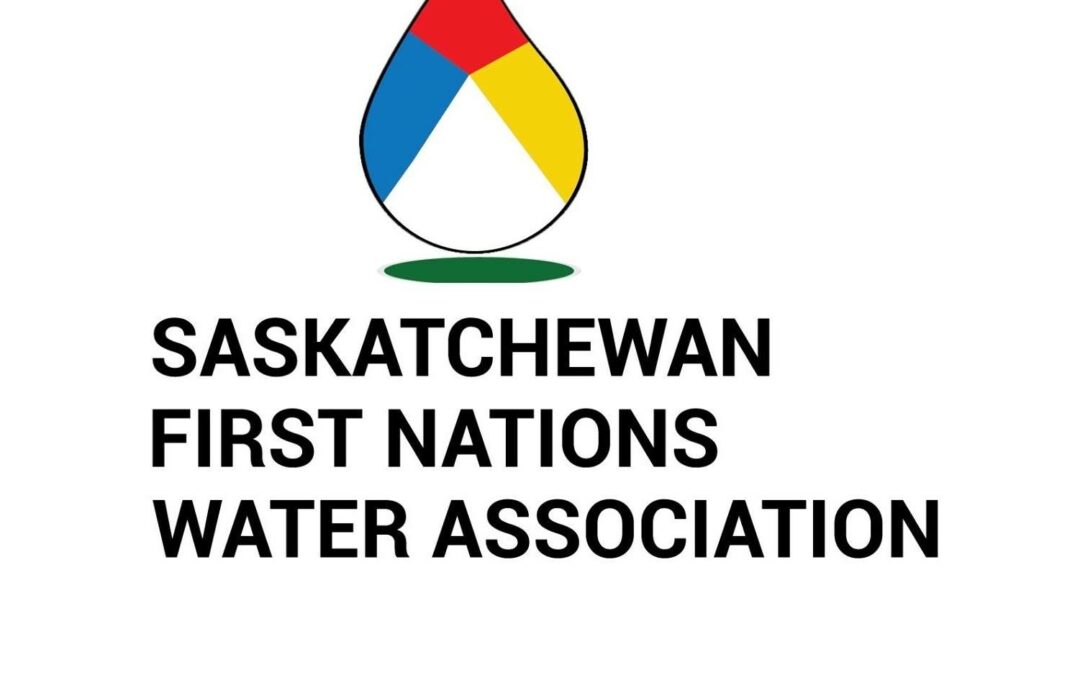The Saskatchewan First Nations Water Association (SFNWA) is looking to get some of their members to take part in a survey.
The association is asking water treatment plant operators to fill out a survey which asks them about their salaries. SFNWA program coordinator Somto Ufondu explained the idea to launch such a survey came about after the association got feedback from membership.
“We initiated this project because we have heard from under funded water systems professionals in First Nations communities and we understand the significance of fair compensation for their essential work,” he said.
Ufondu said they are hoping to get a large number of water plant operators to take part in the survey so they can take the information gathered from the survey and present it to organizations who are responsible for employing them.
“This survey is intended to gather vital information that would enable us to prepare a salary formula for bands, tribal councils and Indigenous Services Canada (ISC),” he said.
The survey is available on the association’s website. Ufondu said staff have also been working to get water treatment plant operators to take part by talking to them at association events and when staff from the organization go to communities to provide training. The SFNWA has also been reaching out to their members via email. The survey will be available to members until Jan. 15.
Salaries for water professionals working on First Nations are an issue according to Ufondu. He said part of the aim of the survey is that the information gathered from it can be used to lobby the federal government to increase the amount of funding available for salaries for water treatment plant workers.
“We’ve also heard and witnessed several, many water systems professionals leave their communities for more competitive (water treatment) plants or jobs, because they are not paid well,” he said.
Editors Note: This story was amended on Dec. 15 to correct errors regarding the SFNWA acronym along with the job title of of Somto Ufondu and a misquote in the final quote.
